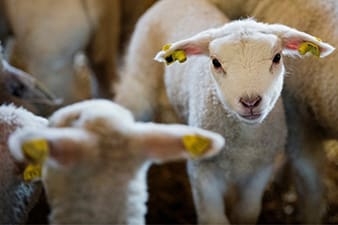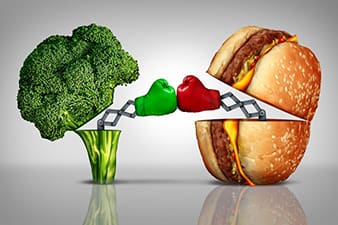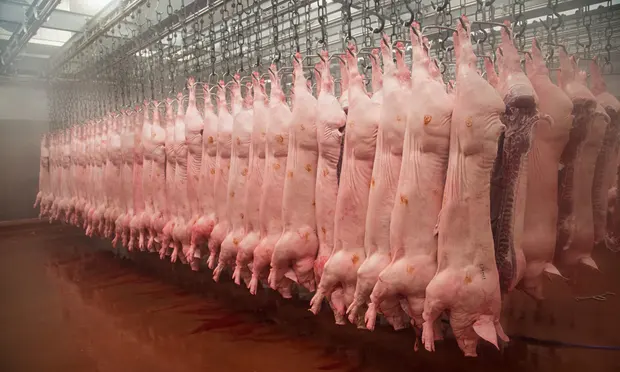Advocacy is about raising voices and taking action to protect animals, promote justice, and create positive change in our world. This section explores how individuals and groups come together to challenge unfair practices, influence policies, and inspire communities to rethink their relationship with animals and the environment. It highlights the power of collective effort in turning awareness into real-world impact.
Here, you’ll find insights into effective advocacy techniques like organizing campaigns, working with policymakers, using media platforms, and building alliances. The focus is on practical, ethical approaches that respect diverse perspectives while pushing for stronger protections and systemic reforms. It also discusses how advocates overcome obstacles and stay motivated through persistence and solidarity.
Advocacy isn’t just about speaking out—it’s about inspiring others, shaping decisions, and creating lasting change that benefits all living beings. Advocacy is framed not only as a response to injustice but as a proactive pathway toward a more compassionate, equitable, and sustainable future—one where the rights and dignity of all beings are respected and upheld.
For centuries, consuming animals has been deeply woven into human culture and sustenance. Yet, as awareness of ethical dilemmas, environmental degradation, and health implications grows, the necessity of eating animals is being critically reevaluated. Can humans truly thrive without animal products? Advocates for plant-based diets argue yes—pointing to the moral responsibility to reduce animal suffering, the environmental urgency to mitigate climate change caused by industrial farming, and the proven health benefits of plant-based nutrition. This article examines why moving away from animal consumption is not only possible but essential for creating a compassionate, sustainable future that respects all life on Earth


























































